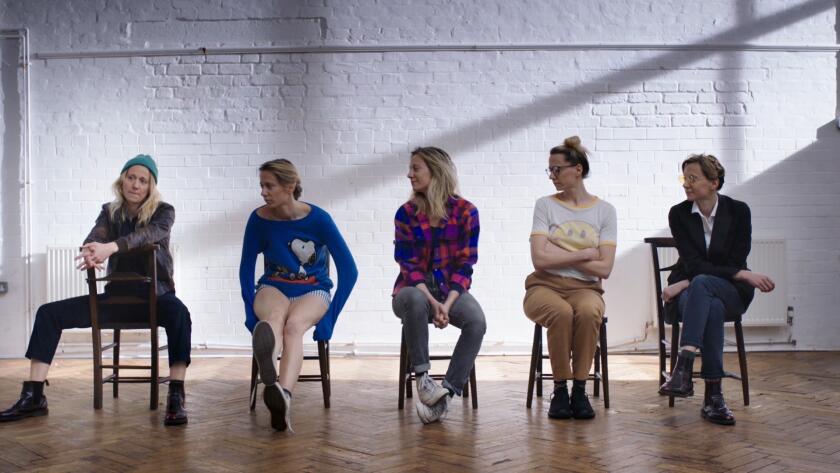Nice to Meet You All
A celebration of a woman with dissociative identity disorder who survived human trafficking in the U.S.
Mental health is sensationalized and misrepresented in the media. I want to challenge that. Dissociative identity disorder (DID), in particular, has often been depicted as being at the root of evil and dangerous characters, including abusers. This couldn’t be further from the truth. A lot of people with DID have been abused themselves.
I’m tired of stereotypes. I want people with firsthand experience to enter the conversation surrounding mental health, which is finally opening up.
What you will find here are far more uplifting and humorous stories, not ones centered on trauma.
I’ve had my own firsthand experience with mental health “conditions.” I’ve learned about them through alternative routes, including community and social media. This is why it’s key for the media to represent these situations truthfully, so the narratives will support better diagnosis.
I want to contribute, even in a small way, exactly to this.
I met the contributor of this film through social media. And a whole world opened. She was sold into human trafficking rings at an incredibly young age, and she remained trapped in them for over 30 years. We spoke at length, we laughed, we bonded. I spoke to other trafficking victims with DID. And those conversations will likely stay with me for the rest of my life.
There’s a truth in all of them that has hit me deeply and given me an ever bigger strength to push forward for real progress.
I am adamant in my determination to create a space for stories of abuse that stand high above the others, truthfully, holistically, with joy and respect and, above all, for the people who have experienced it. As the contributor stated, I want to tell these stories in a non-self-deprecatory way and in a way in which we can all come together through love and support.
I’m tired of stereotypes. I want people with firsthand experience to enter the conversation surrounding mental health, which is finally opening up.
What you will find here are far more uplifting and humorous stories, not ones centered on trauma.
I’ve had my own firsthand experience with mental health “conditions.” I’ve learned about them through alternative routes, including community and social media. This is why it’s key for the media to represent these situations truthfully, so the narratives will support better diagnosis.
I want to contribute, even in a small way, exactly to this.
I met the contributor of this film through social media. And a whole world opened. She was sold into human trafficking rings at an incredibly young age, and she remained trapped in them for over 30 years. We spoke at length, we laughed, we bonded. I spoke to other trafficking victims with DID. And those conversations will likely stay with me for the rest of my life.
There’s a truth in all of them that has hit me deeply and given me an ever bigger strength to push forward for real progress.
I am adamant in my determination to create a space for stories of abuse that stand high above the others, truthfully, holistically, with joy and respect and, above all, for the people who have experienced it. As the contributor stated, I want to tell these stories in a non-self-deprecatory way and in a way in which we can all come together through love and support.
